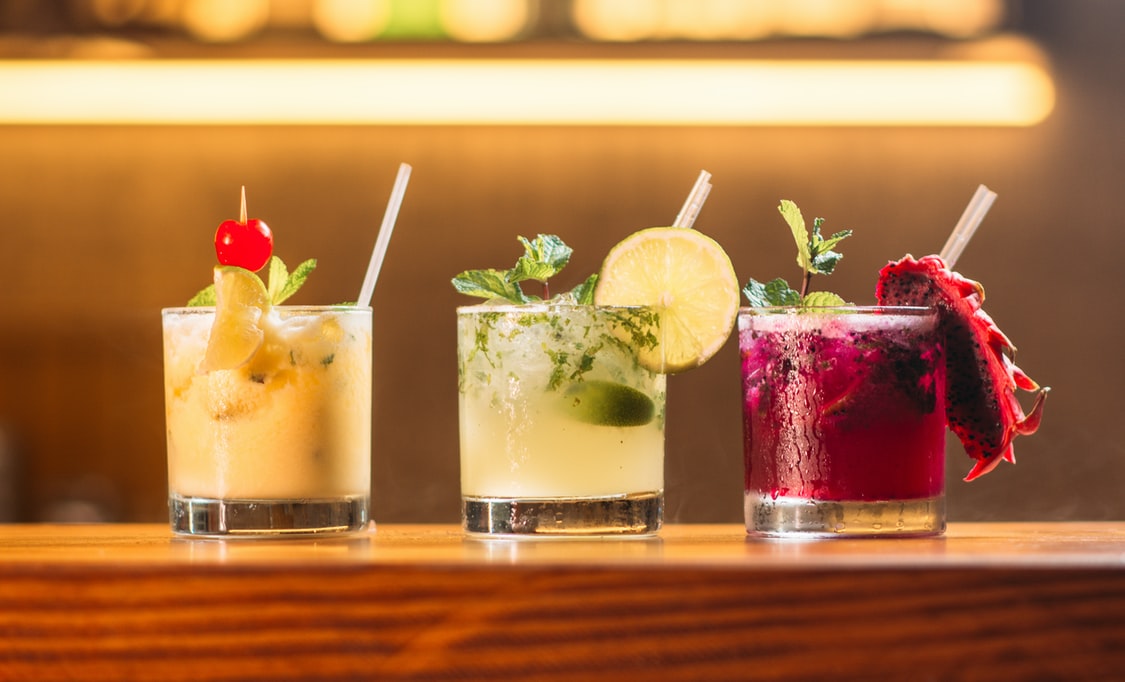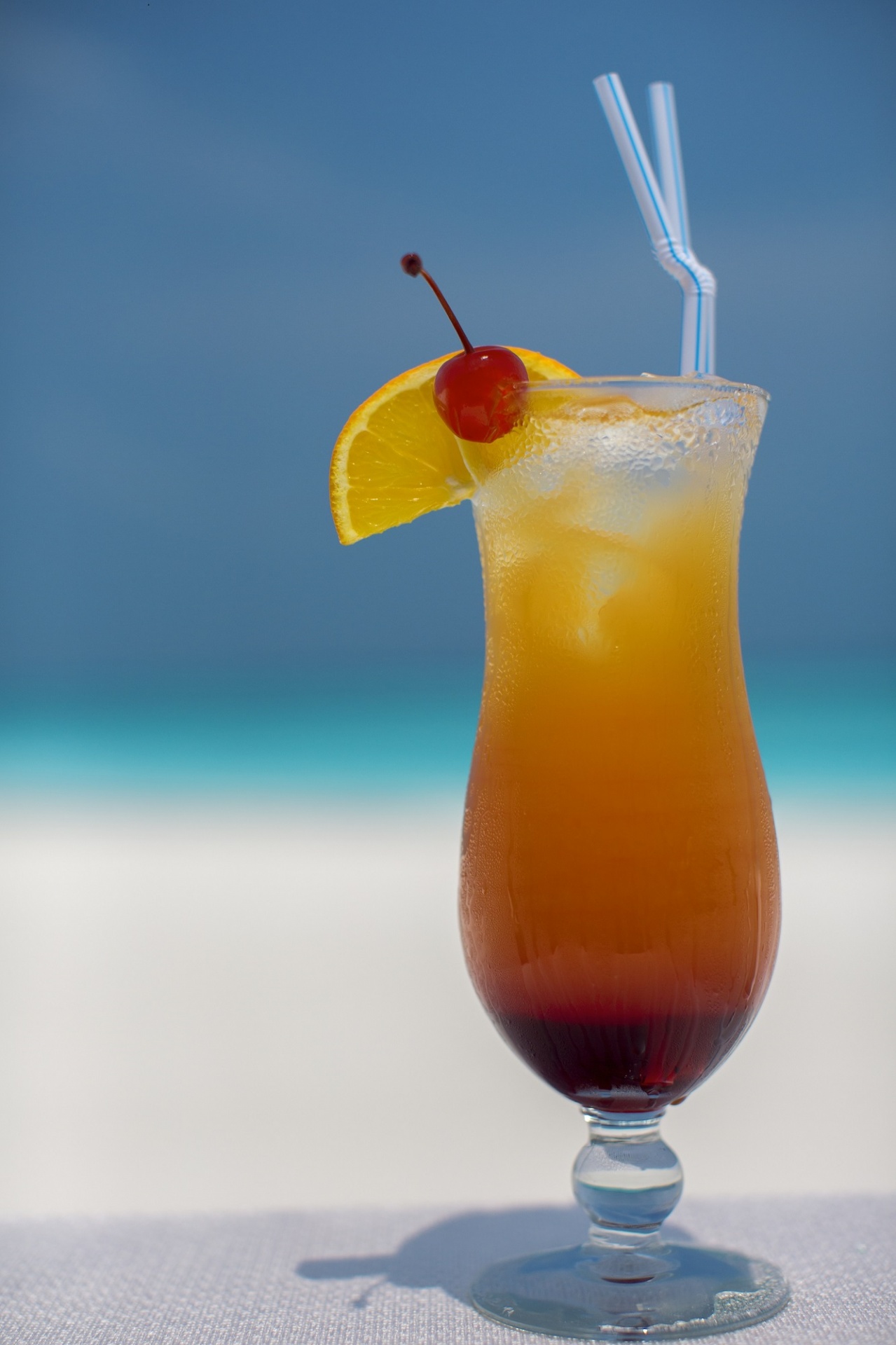How to Drink Liquor on a Low-Carb Diet
Carbs in Liquor
Low-carb diets, and eating healthy in general, necessitates moderation. As low-carb diets, such as the Keto Diet, become more and more popular, we tend to think that we must forgo alcohol to stick to the diet. We’re here to tell you that this is definitely not true. Though you should always use alcohol with a sense of moderation, dieting does not mean that you need to give up alcohol completely. If you are on a low-carb diet, you may consider switching to liquors, rather than beer or wine, to keep to the low-carbohydrate count.
Pure liquor does not contain carbohydrates. During the drink-making process, the liquor is distilled. This distillation removes any carbohydrates in the liquor and leaves only alcohol remaining. So, if you are drinking pure gin, rum, vodka, whiskey, or tequila, you’ll certainly stick to your lower carb limit. The carbs appear, however, when you begin mixing your liquor with other substances. While a whiskey on the rocks has no carbs, a gin and tonic has about 16 grams of carbohydrates per serving.
Carbs in Sugar
Sugar is carbs. We often associate carbohydrates with grains, such as bread and pasta, but carbohydrates are much more diverse and widespread than we think. Take sugar, for example. Sugar is made up of carbohydrates. So, 100 grams of sugar equates to 100 grams of carbohydrates. This is why many mixed drinks have a high-carb content. Not because of the actual liquor, but because of the sugary mixer. Sodas, artificial juices, and syrups are standard mixers for liquors, but consider trading them out for mixers with a lower carb content to stick to your diet. For example, try a rum and diet coke instead of a rum and coke to lower the sugars in your drink, thereby reducing the carbohydrate count.
Best Low-Carb Liquor Drinks
Low-carb doesn’t mean no-carb! Unless you are on a diet that strictly restricts any carbohydrate consumption, there are plenty of low-carb mixed drink options for you to choose from. If you are on a no-carb diet, then stick to straight liquor as your drink or try a zero carb mixer, like soda water. Below are some of the best lower-carb mixed drink options for your low-carb diet. All measurements are listed as carbohydrates per standard serving and preparation.
- Pineapple Vodka: 4 grams
- Cranberry Vodka: 4 grams
- Bloody Mary: 7 grams
- Margarita: 8 grams
- Cosmopolitan: 13 grams
- Whiskey Sour: 14 grams
- Gin and Tonic: 16 grams
- Tequila Sunrise: 24 grams
If none of these float your low-carb boat, then you can simply stick to lower-carb mixers. Tonic, coke, and orange juice are all higher in carb content and better to stray away from. Pineapple juice, cranberry juice, tomato juice, and soda water have lower or no carbohydrates and are better options to stick to the low-carb count.
Do Calories Matter?
The short answer? Yes. If you are on a diet with the intention of losing weight, you will likely be focused on calorie count as well as carb count. Low-carb or no-carb drinks do not mean that they are low-calorie or no-calorie. Low-carb and low-calorie diets are also quite popular, so if you choose one of those diets, consider deciding on your drinks before you go out so you know exactly what to get at the bar. Some good options are vodka soda waters with lime, gin and soda waters, and whiskey sours. These drinks do have calories, but they are relatively lower than other mixed drinks.
Healthiness & Low-Carb Liquor Drinks
The healthiness of a low-carb diet and low-carb drinks is completely dependent on you, your eating habits, and your health needs. As with all diets and eating habits, there is no universal answer to stay healthy. Though low-carb diets are highly popular, cutting down your carbohydrates and only drinking vodka waters may not get you the body goals you are looking for. The first step to healthy dieting is to consult your physician or nutritionist to see what options are the healthiest for you.
If you choose to go on with the low-carb route, make sure that when you are drinking, you are listening to your body and understanding your alcohol limits. With dieting, your body may change, so the amount of alcohol you can drink responsibly may change. Similarly, if you’re used to drinking beer or wine, and choose to switch to liquors to adhere to your low-carb diet, you may consider drinking slower and/or less, as different alcohols have different effects on all of us.
Of course, there is no one answer on how to drink healthy, eat healthy, and be healthy, so make sure to consult your physician before making any big health decisions. Otherwise, don’t skip the vodka soda in fear of violating your low-carb diet! You will be just fine.

